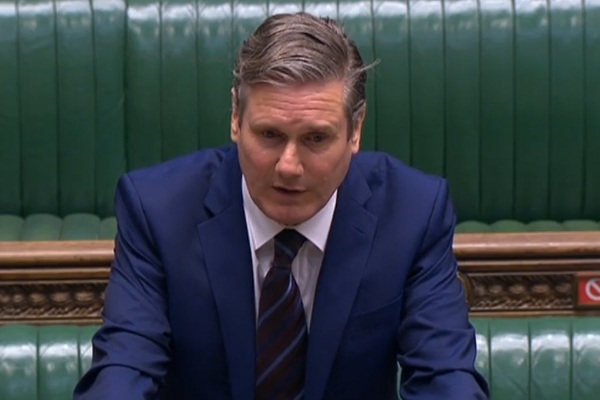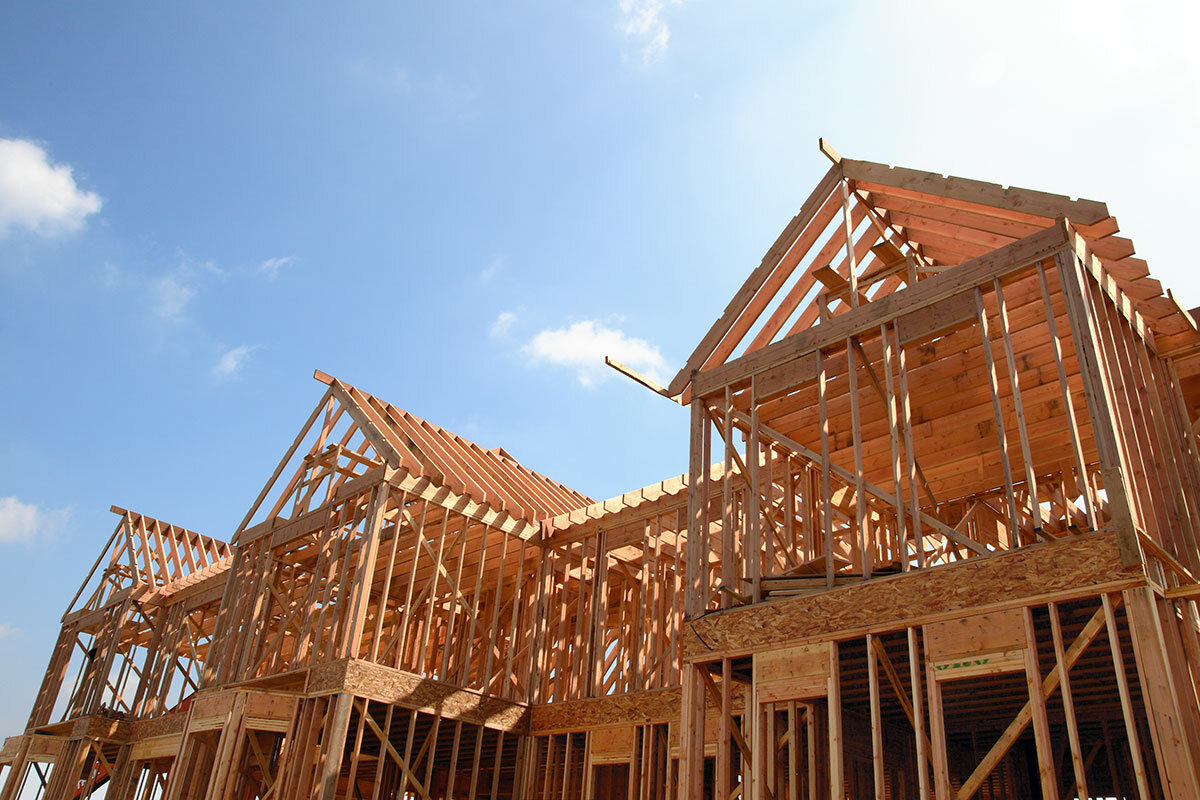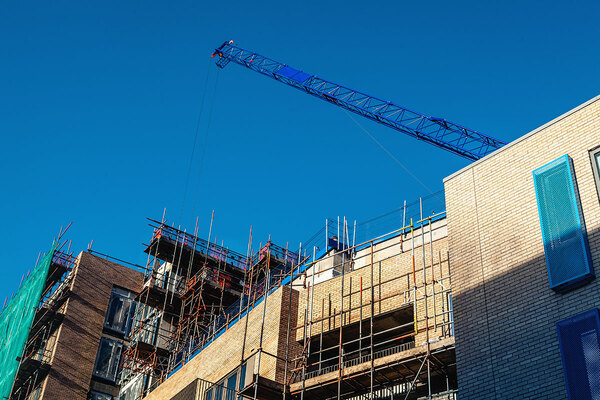You are viewing 1 of your 1 free articles
Solving the housing crisis is about more social housing, not less newt-counting
The prime minister’s pledge to “scythe through red tape” is misguided. What the country desperately needs is more investment in affordable housing, writes Peter Apps
Is ‘newt-counting’ the cause of our housing crisis?
This rather fanciful hypothesis was the one put forward by prime minister Boris Johnson as the housebuilding plank of his post-coronavirus ‘new deal’.
Posing the question of why the UK builds fewer homes per capita than many other European nations, he said: “I tell you why – because time is money, and the newt-counting delays in our system are a massive drag on the productivity and the prosperity of this country.
“So we will build better and build greener but we will also build faster and that is why the chancellor and I have set up Project Speed to scythe through red tape and get things done.”
Newts feature surprisingly frequently in discussions on housebuilding delays in the UK – in fact, they got themselves a whole chapter in 2018’s Housing White Paper.
Great crested newts are a European protected species, so if you are a developer trying to build a new housing scheme and you find them, you need to get a license to capture, kill or disturb them.
I don’t know how many projects this has delayed, but I can’t imagine it is many. It is a subject that is probably worthy of the attention of a very small government sub-committee. There’s an obvious tension between protecting wildlife and building new homes, but solving it isn’t an economic roadmap out of the deepest recession in a century.
So why is it in the prime minister’s speech? The answer, as is often the case with Mr Johnson, is that we are really talking about something else.
‘Newt-counting’ is intended as a shorthand for rules and regulations. It’s a common theme of deregulatory agendas: find a ridiculous-sounding example of a rule and use it as evidence of why all the silly restrictions need to go in favour of common sense.
What Mr Johnson is actually proposing appears to be a turbo-charging of permitted development rights to cover the conversion of commercial buildings and empty shops. Demolition of vacant residential and commercial properties will also be permissible without planning permission.
This is bad news. The legacy of the office-to-residential conversions that were made permissible without planning permission in 2013 is grim.
Developers have bought up abandoned offices on industrial estates, flipped them to low-quality housing and in many instances leased the flats to local authorities desperate to rehouse homeless families. The result is what is quickly becoming a new generation of slum housing.
Plans to “scythe through red tape” also clash directly with other government objectives when it comes to housebuilding – fire safety measures, environmental standards and the nebulous objective of ‘building beautiful’ could all be constituted as ‘red tape’. Some of these are matters of building regulation rather than planning, but scythes rarely distinguish the kind of red tape they are cutting through. Certainly, permitted development sweeps over both of them.
The truth is that we need sensible building regulation if we want high-quality homes, and cutting it only favours the short-term profits of developers.
So what should the government be doing? The answer is the same as it often is: more social housing. In a downturn, state investment in sub-market housing is the most sure-fire way to keep the industry building and, as the government’s own analysis concludes, greater diversity of tenure would do far more for build-out rates than yet more muddling of the planning system in the name of deregulation.
But that’s not what we’re getting. Rather than a boost to current promised investment of £12.2bn in affordable housing over the next five years, we were informed that this money will in fact be spread over eight, with £2bn reserved for “long-term partnerships”.
The government argues that this is not a cut, but simply an explanation of how it had always planned to spend the money. This would make prior statements extremely disingenuous, but what is not in doubt is that this is certainly not an increase in promised funding – which is what most experts agree that we need.
If these measures serve to make the housing crisis worse, not better, it will not be the newts to blame.
Peter Apps, deputy editor, Inside Housing













